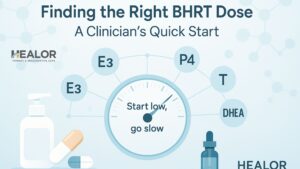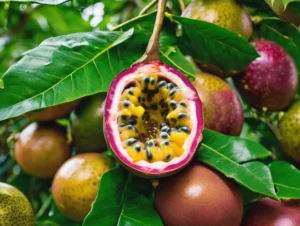
Maintaining optimal liver health is crucial for your overall well-being as the liver plays a pivotal role in detoxification and metabolism. While some can provide valuable health benefits, there are supplements That Damage Your Liver health. Let’s explore five supplements identified as potentially harmful to liver health.
Supplements That Damage Your Liver
Aloe Vera
Aloe vera, a plant resembling a cactus and a member of the Lily family, is often present in skincare products for its topical benefits. Some also ingest aloe vera as part of various purportedly medicinal herb concoctions.
Experts documented the first incident of liver damage linked to oral aloe vera usage in 2005. Usually, the onset of such damage occurs between three to 24 weeks after one begins ingesting aloe vera, typically in high quantities for alleviating issues like constipation, dyspepsia, aging, weight loss, or for general wellness enhancement. The damage pattern mostly resembles hepatocellular injury, often mirroring the symptoms of acute viral hepatitis.
Black Cohosh
Black cohosh, a sought-after herbal remedy, is from a buttercup family plant in North America (Actaea racemosa, also known as Cimicifuga racemosa). The remedy is widely recognized for its purported estrogen-like properties and is predominantly used to alleviate menopausal symptoms.
Though black cohosh did not display any association with serum enzyme increases during treatment in clinical trials involving over 1,200 patients, the supplement has been linked to more than fifty occurrences of significant liver injury.
Chaparral
Chaparral, a botanical derivative from the woody shrub identified as creosote bush (Larrea tridentata), is known for its antioxidant properties and healing effects for various conditions, ranging from skin rashes to cancer.
The first record of liver damage related to chaparral consumption surfaced in 1990. The injury pattern was predominantly hepatocellular, resembling acute viral hepatitis, with significant increases in serum aminotransferase levels and minimal escalation in alkaline phosphatase.
Comfrey
Comfrey, a member of the Boraginaceae family, is a plant widely utilized in herbal medicine for its purported healing properties. Extracts from comfrey leaves and roots soothe wounds and mitigate pain and inflammation stemming from arthritis, sprains, and bone fractures. However, it’s important to note that comfrey contains pyrrolizidine alkaloids.
Numerous instances of acute liver damage, akin to sinusoidal obstruction syndrome (SOS), have been reported due to oral intake of comfrey. This form of liver injury generally manifests within one to two months from the onset of comfrey consumption, either as an extract tablet or in substantial quantities of comfrey tea. Initial symptoms include discomfort in the right upper quadrant, nausea, and weight gain from fluid retention, followed by the onset of jaundice.
Fo-ti
Among the supplements that are bad for liver health, fo-ti is perhaps the most controversial one. Polygonum multiflorum, a herb indigenous to China, holds a long-standing reputation in traditional medicine for its comprehensive treatment abilities. Known alternatively as Shou Wu Pian, He Shou Pian, and Chinese knotweed, this herb alleviates diverse conditions such as back pain, vertigo, premature hair graying, and constipation.
There are numerous documented instances, however, including an extensive case series from China, Korea, and Japan, highlighting acute liver damage resulting from the use of Polygonum multiflorum. Notably, in China, this herb is the leading cause of liver injury related to herbal product usage. The latency period to the onset of symptoms can be brief, ranging from a mere few days to an extended period of up to six months.
Conclusion
Aloe vera, black cohosh, chaparral, comfrey, and fo-ti are only five of the many supplements associated with liver damage. Before adding any supplement to your routine, it’s best to consult with a healthcare professional, especially if you have underlying liver conditions or are taking medications that may interact with these supplements. Your liver’s health is crucial for your overall well-being, so always be mindful of what you put into your body.




